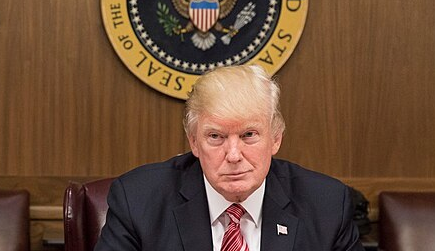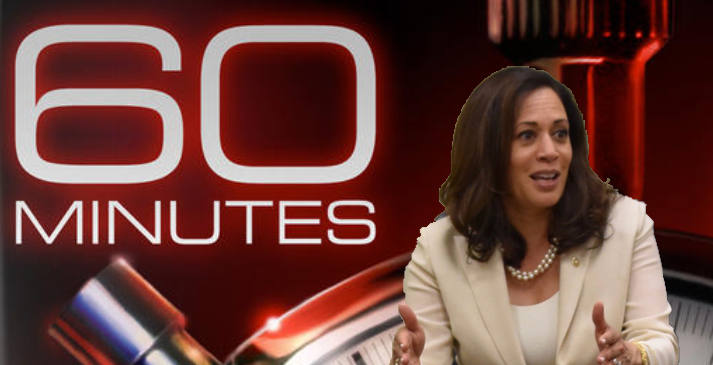Ali Abbasi, a Danish director of Iranian descent, brings a fresh perspective to the story of Donald Trump’s rise in the new film “The Apprentice.” Known for his previous works in supernatural and horror genres, Abbasi applies his unique storytelling approach to explore Trump’s early years as a New York real estate mogul. Released on October 11, the film offers audiences a “radically humanist angle,” focusing on Trump’s mentorship under the infamous attorney Roy Cohn.
Abbasi’s decision to tackle such a polarizing figure stems from a conversation with screenwriter Gabriel Sherman’s manager in 2018, who suggested that Abbasi’s expertise in handling complex characters could translate well to a film about Trump. The film, as covered by NPR, delves into Trump’s relationships with key figures in his life, including his older brother Fred and first wife Ivana.
Set against the backdrop of 1970s and 1980s New York, the film captures the city’s gritty essence, providing context to the environment that shaped Trump’s business acumen. Roy Cohn, a complex figure known for his controversial legal career and connections to high-profile figures, plays a pivotal role in the narrative. Abbasi’s portrayal of Cohn highlights his influence on Trump and underscores the contradictions within his character.
Abbasi’s film navigates the complexities of Trump’s character without overt moral judgment, allowing viewers to draw their own conclusions. The director aims to challenge the binary perception of Trump as either a hero or a villain, instead presenting him as a multifaceted individual shaped by his experiences and choices.
Despite facing legal threats from Trump’s team to prevent the film’s screening in the U.S., “The Apprentice” has garnered attention for its bold approach to storytelling. Abbasi’s work opens a dialogue about the broader implications of power and influence in American politics, encouraging viewers to question the structures that enable figures like Trump to rise to prominence.
“The Apprentice” also examines the fluid nature of political identities, illustrating how Trump transitioned from a long-time Democrat to a Republican leader. Abbasi’s exploration of this theme invites audiences to reflect on the nature of political allegiances and the forces that drive them.
As the film makes its way to theaters, it promises to offer a thought-provoking experience that challenges preconceived notions and invites introspection. Abbasi’s nuanced portrayal of Trump’s early years adds depth to the ongoing conversation about his impact on American society and politics.
In a time when political narratives are often polarized, “The Apprentice” stands out as a film that seeks to understand rather than condemn. Abbasi’s work serves as a reminder of the power of storytelling to foster empathy and understanding, even in the most contentious of subjects.





